You don’t have to know a whole lot about science to know that black holes normally suck things in, not spew things out. But NASA detected something mighty bizarre at the supermassive black hole Markarian 335. Two of NASA’s space telescopes, including the Nuclear Spectroscopic Telescope Array (NuSTAR), amazingly observed a black hole’s corona “launched” away from the supermassive black hole.
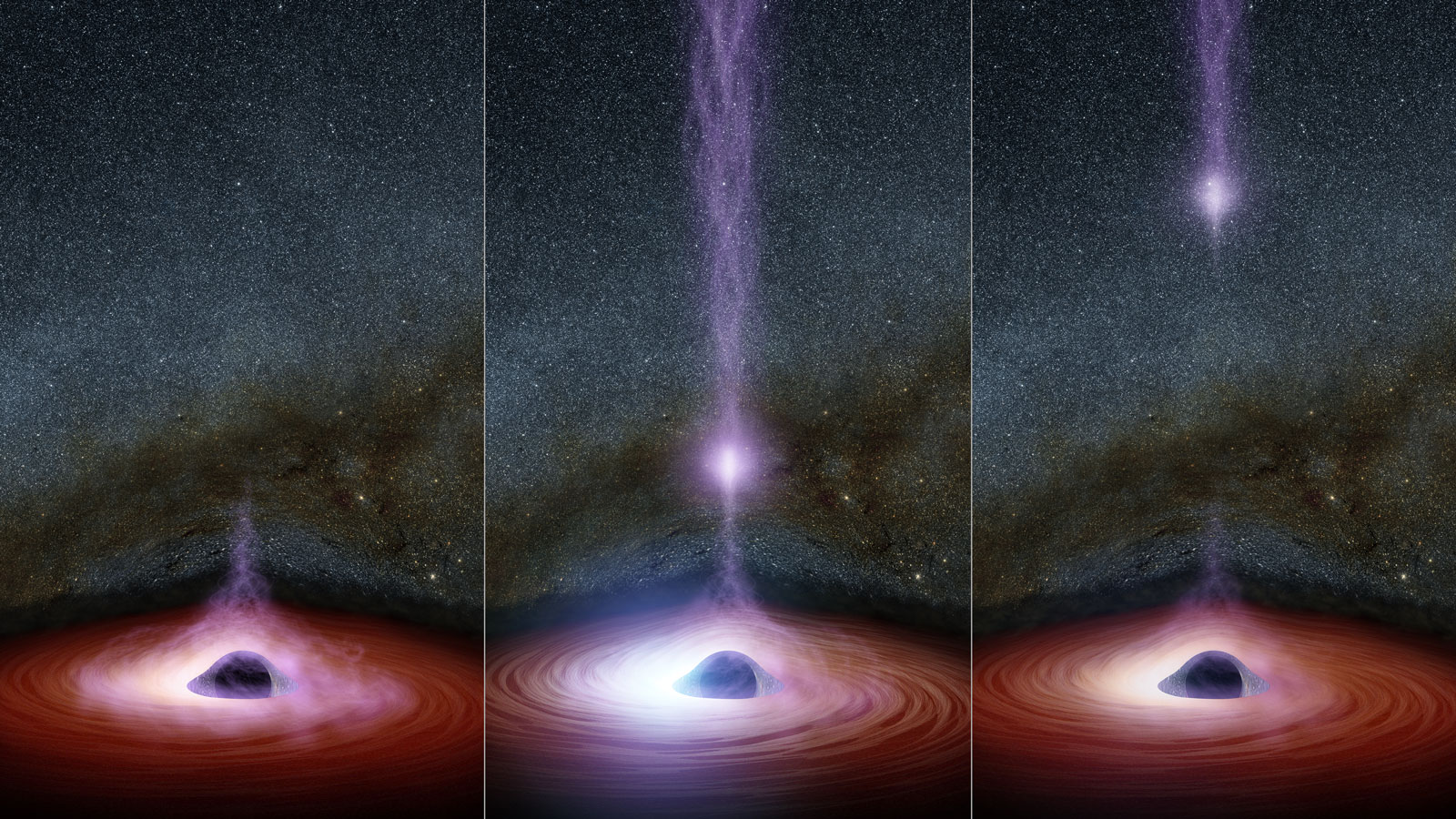
Then an enormous pulse of X-ray energy spewed out. This kind of phenomena has never been observed before.

“This is the first time we have been able to link the launching of the corona to a flare. This will help us comprehend how supermassive black holes power some of the brightest objects in the cosmos.” Dan Wilkins, of Saint Mary’s University, said. This is one of the most important discoveries so far.
NuSTAR’s principal investigator, Fiona Harrison, noted that the nature of the energetic source was “enigmatic,” but added that the capability to in fact record the event should have provided some clues about the black hole’s size and structure, along with (hopefully) some fresh info on how black holes work. Fortunately for us, this black hole is still 324 million light-years away.

So, no matter what bizarre things it was doing, it shouldn’t had any effect on our corner of the cosmos.
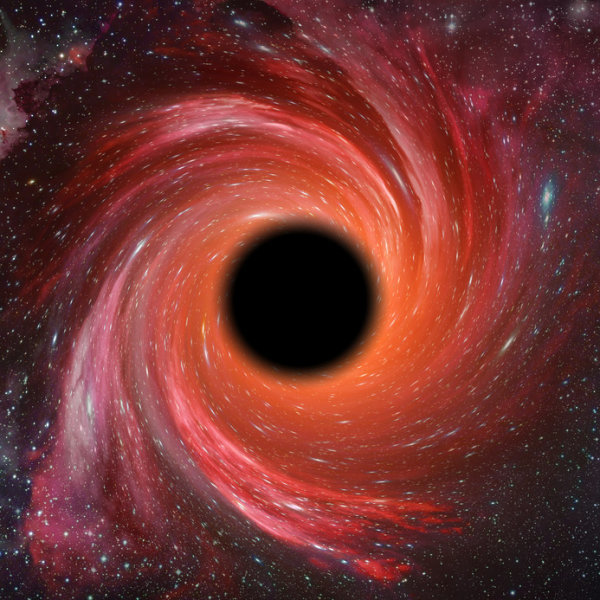
While we like to think we have a fairly good understanding of space, much of what we count as knowledge is just theory which has yet to be disproved. So it looks like some textbooks will need to be rewritten. And while this particular supermassive black hole is 324 million light-years away, I’m not taking any chances.

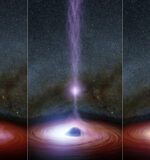
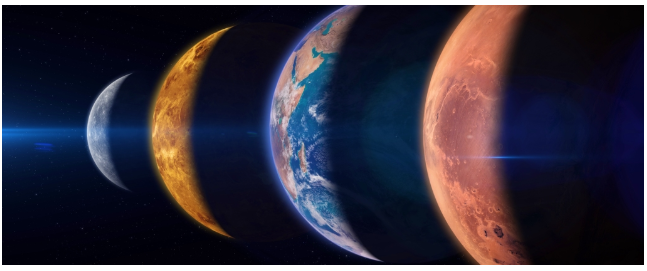

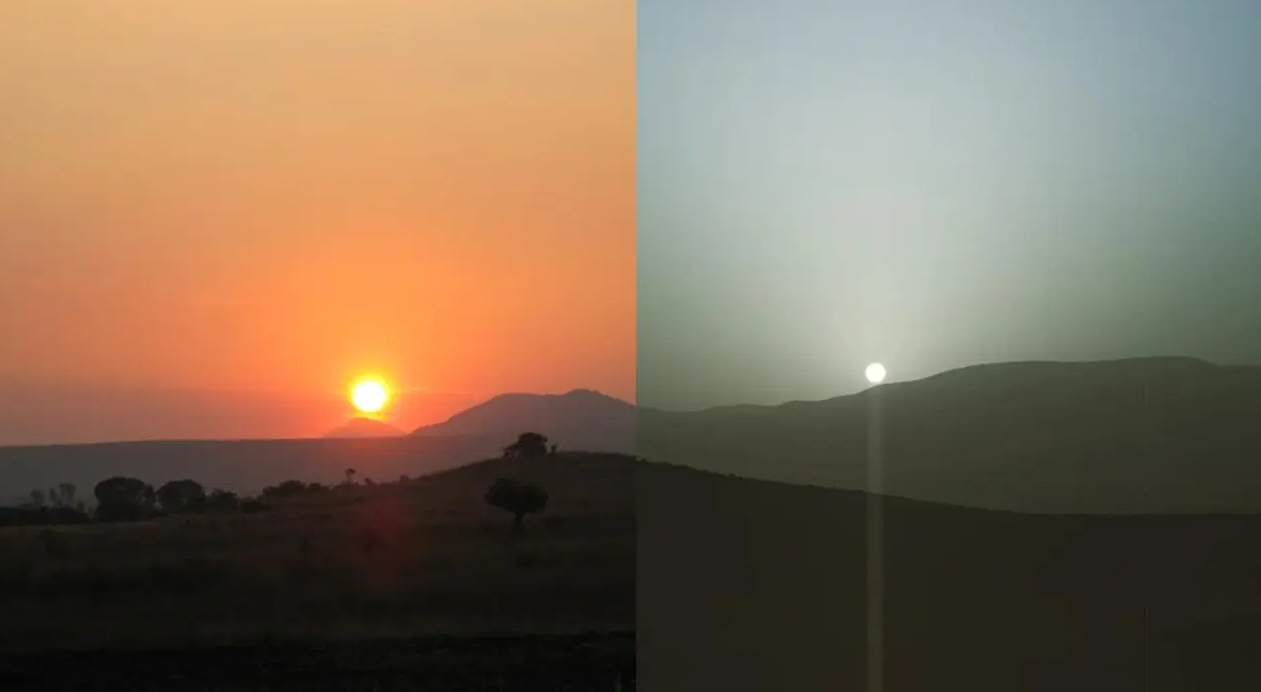



 Photographer Finds Locations Of 1960s Postcards To See How They Look Today, And The Difference Is Unbelievable
Photographer Finds Locations Of 1960s Postcards To See How They Look Today, And The Difference Is Unbelievable  Hij zet 3 IKEA kastjes tegen elkaar aan en maakt dit voor zijn vrouw…Wat een gaaf resultaat!!
Hij zet 3 IKEA kastjes tegen elkaar aan en maakt dit voor zijn vrouw…Wat een gaaf resultaat!!  Scientists Discover 512-Year-Old Shark, Which Would Be The Oldest Living Vertebrate On The Planet
Scientists Discover 512-Year-Old Shark, Which Would Be The Oldest Living Vertebrate On The Planet  Hus til salg er kun 22 kvadratmeter – men vent til du ser det indvendigt
Hus til salg er kun 22 kvadratmeter – men vent til du ser det indvendigt  Superknepet – så blir snuskiga ugnsformen som ny igen!
Superknepet – så blir snuskiga ugnsformen som ny igen!  Meteorite That Recently Fell in Somalia Turns Out to Contain Two Minerals Never Before Seen on Earth
Meteorite That Recently Fell in Somalia Turns Out to Contain Two Minerals Never Before Seen on Earth  Nearly Frozen Waves Captured On Camera By Nantucket Photographer
Nearly Frozen Waves Captured On Camera By Nantucket Photographer  It’s Official: Astronomers Have Discovered another Earth
It’s Official: Astronomers Have Discovered another Earth 